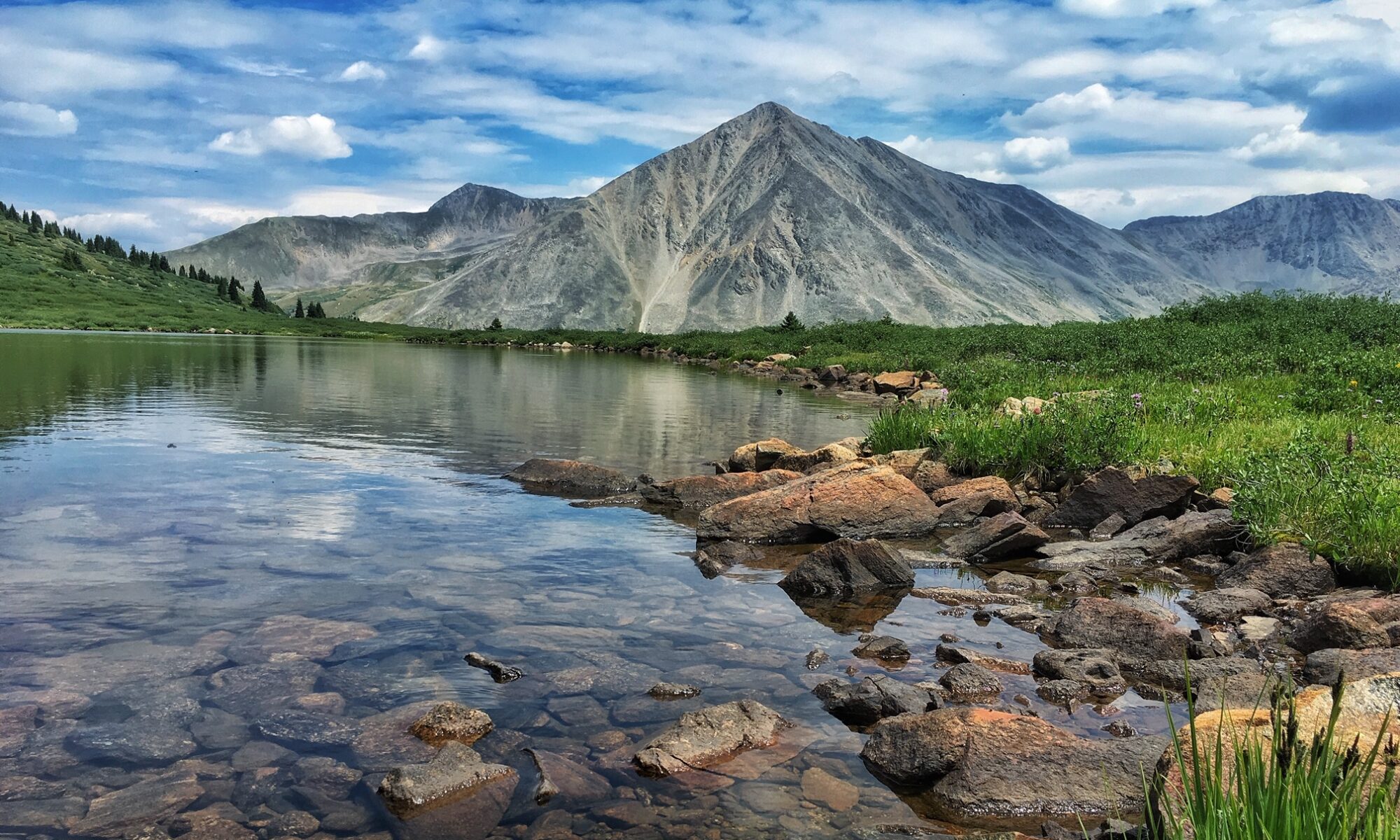I am three weeks removed from my last fly fishing trip. Winter looms. I may not pick up my fly rod again until spring. Now the coping begins. It wasn’t always this way.
When I lived in Montana, I fished into November. Then, I ventured out at least once a month in December, January, and February. This satisfied my fly fishing urge until a new season began in March.
But how do you cope if you live in the city or the suburbs? How do you manage if you live far away from prime trout fisheries? I’ve figured out a few coping strategies since I moved a decade ago to the north suburbs of Chicago.
1. Go through the photos of your last trip.
Thumb through the photos on your cell phone. This brings back good memories and helps you re-live the best moments. Warning: Your photos might result in you laughing out loud or shouting “Yes!”
2. Make a list of the year’s best memories.
After you’ve thumbed through your photos, write down your favorite memories from the last year of fly fishing. For me, the list from last year includes:
- Catching browns at dusk in Rocky Mountain National Park;
- Hauling in fish after fish on streamers in Willow Creek (near Three Forks, Montana);
- Landing a big rainbow on the Missouri River (near Helena, Montana); and
- Catching a ridiculous number of browns in October on the Gardner River (in Yellowstone National Park).
Making a list will preserve your memories and maybe even remind you of a detail you had forgotten.
3. Take inventory of your gear.
This is an act of hope. It’s a reminder that you will fly fish again. Besides, it really does prepare you for your next trip.
4. Shop for something new.
This is the benefit—or liability—of the previous strategy. When you take inventory of your gear, you may discover your need for a new reel, new gloves, a new fly box, or a new net. This sends you on a mission to research options and prices. It keeps your mind off the reality that you are not able to fish.
5. Visit the trout at your local Bass Pro Shop.
A couple times during the winter, I visit our local Bass Pro Shop (nine miles from my house) and stand on a little bridge and look wistfully at the twenty-inch rainbows that swim in the little creek on the edge of the aisle with coffee mugs and pocket knives. Seriously!
Now I’m trying to muster the courage to ask the store manager if I can fly fish the stream since I’m a catch-and-release fly fisher. Seeing me catch these rainbows might get more people interested in fly fishing, and then they would spend more money at Bass Pro.
It’s a win-win, right?
6. Watch fly fishing videos.
The internet is loaded with videos of fly fishers catching trout. Start with websites like Orvis or Winston. Then, go to YouTube and search for about any river or species of trout which piques your interest.
7. Tie a few flies.
This only works if you are a fly tyer. If you’re not, the off-season is a good time to take your first class.
8. Read a good fly fishing book.
Read about the areas you want to fly fish. For example, if you’re headed to Montana or Wyoming, get a copy of Bud Lilly’s Guide to Fly Fishing the West. It’s an entertaining read with humor and history woven into it.
Read for skill-development. Gary Borger’s “Fly Fishing” series is ideal for this. His fourth book in the series, The Angler as Predator, helped me a lot.
You might even educate yourself on the flies you’re trying to imitate with a book like Pocketguide to Western Hatches by Dave Hughes or Matching Major Eastern Hatches: New Patterns for Selective Trout by Henry Ramsay.
Don’t forget to read through the lists you compiled from previous years (see #2 above).
9. Plan your next trip.
There’s nothing like planning your next trip to get the juices flowing! The off-season is a great time to do some research on new places or to plan for a visit to some good old places.
10. Watch “A River Runs Through It.”
You owe it to yourself to watch this at least once a year. The cinematography alone makes it worthwhile. The story is gripping, too. Real men might even shed a tear or two at the last scene.
Alright, something in the above list is guaranteed to help you cope with the fly fishing off-season. If not, watch college football and college basketball. Go hunting. Remodel your kitchen.
Oh yes, you might even consider a few hours on the water in the dead of winter if you’re within a day’s drive of a river or stream. Whatever you do to pass the time, winter will lift and the rivers will come to life in the spring.
Let a new season begin!







